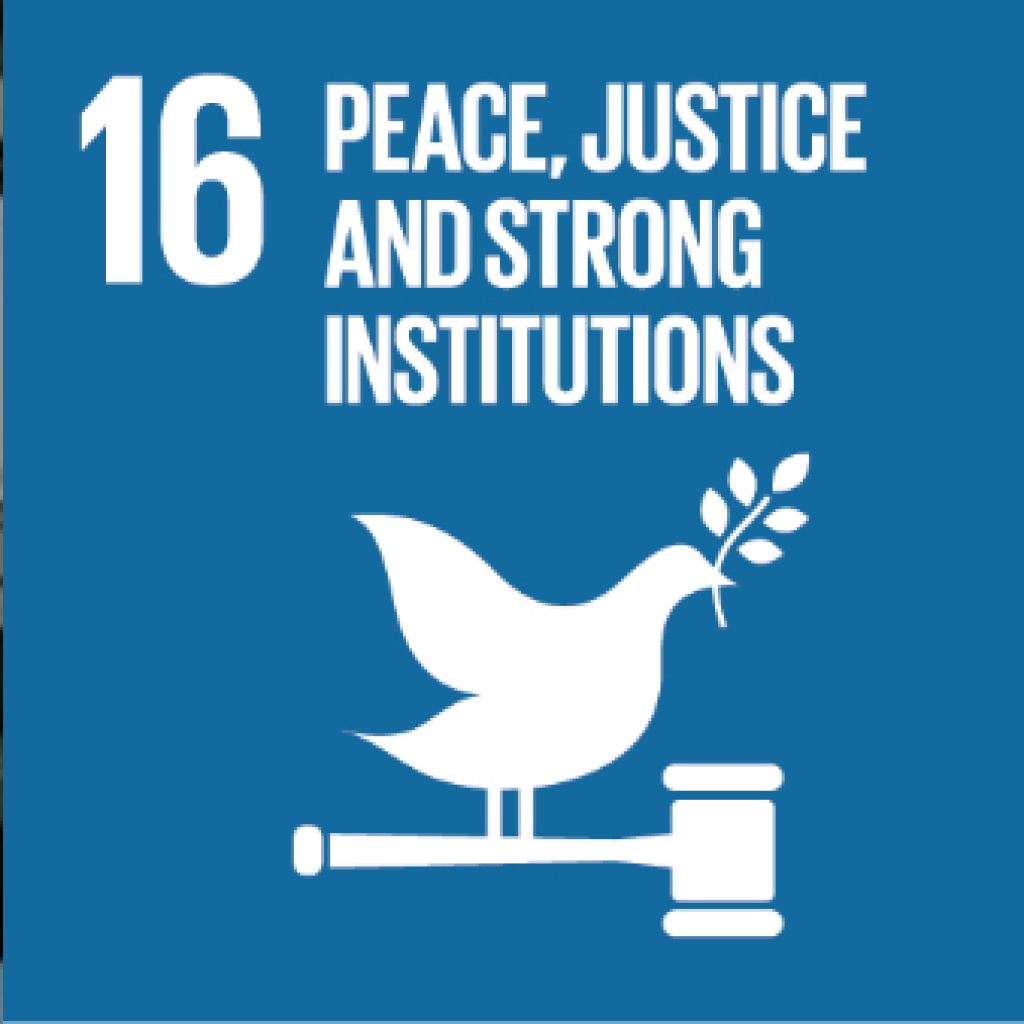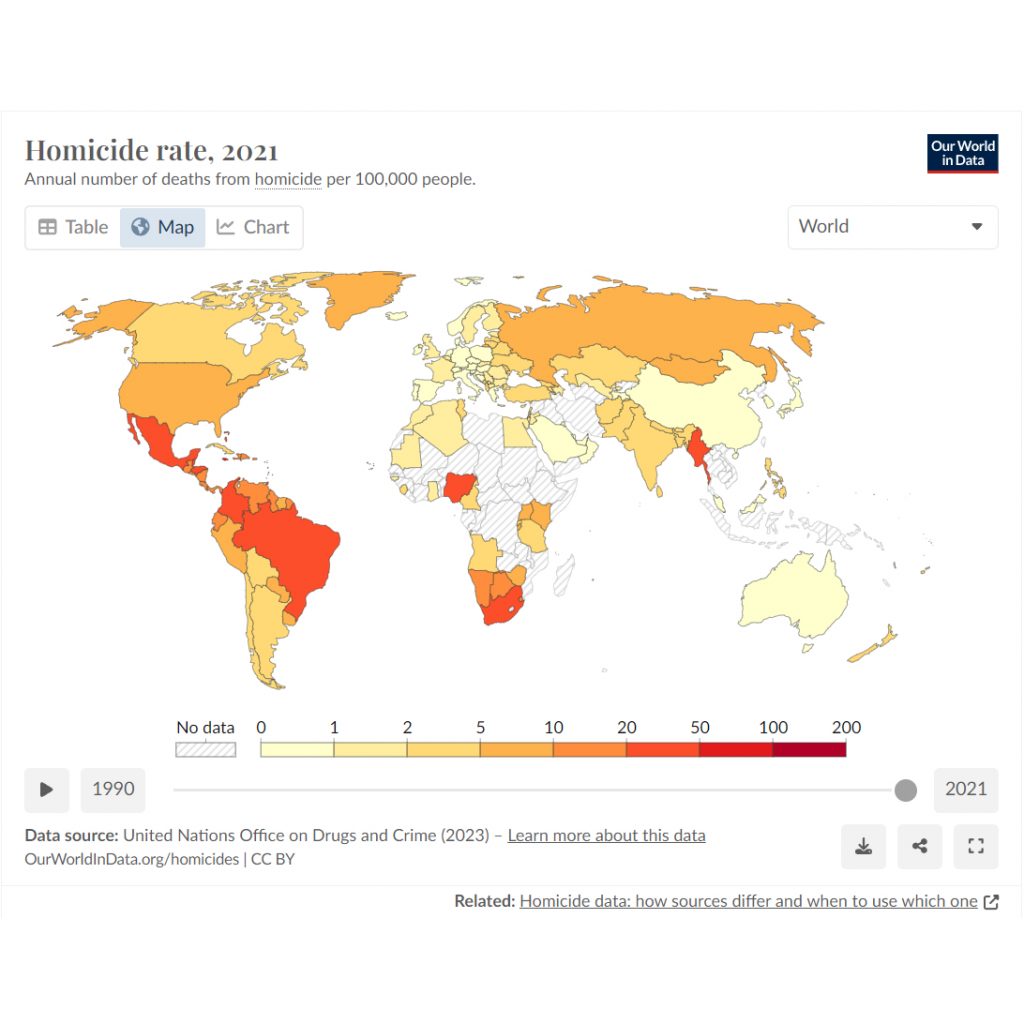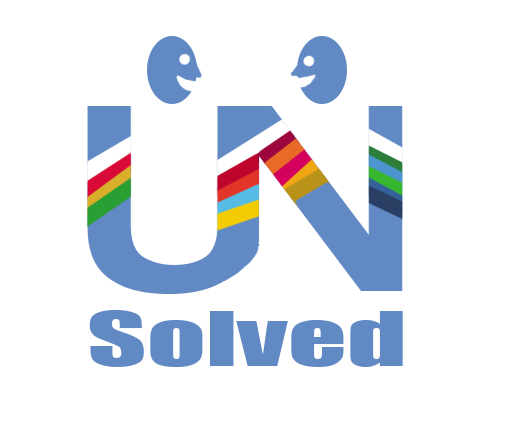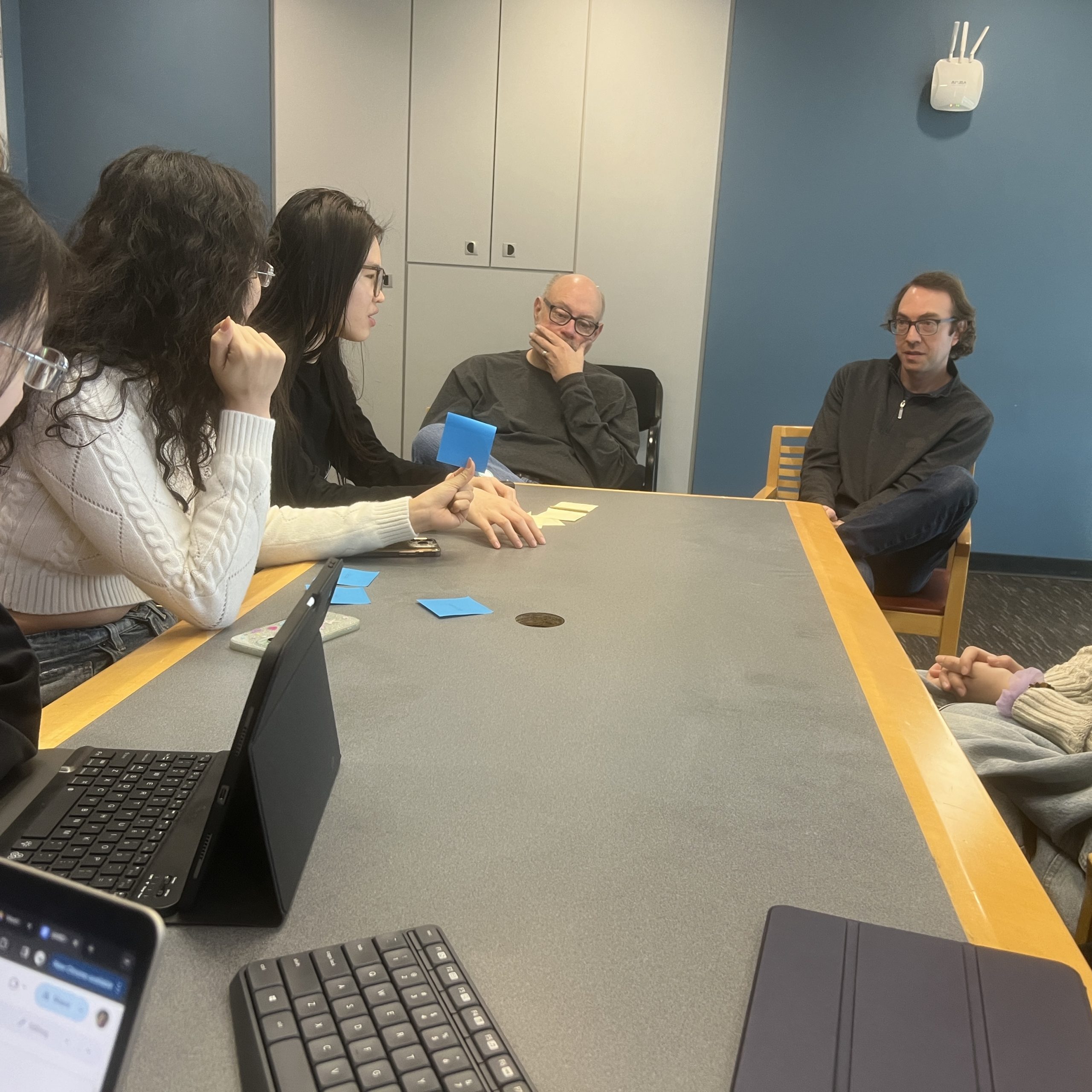January 26 – February 1, 2024
The Quarterly Presentation Summary:
On Monday, our team presented our quarterly progress and received valuable feedback. A consensus emerged suggesting our project’s scope, focusing on Peace, Justice, and Strong Institutions, was too broad. Many advised concentrating on a narrower aspect, noting concerns about information access and inherent biases. The credibility of information sources was highlighted as a crucial factor in our game’s development. Concerns were raised about the game’s appeal to introverted audiences, given the uncertainty surrounding its mechanics and audience interaction.
Key Recommendations:
Extensive Research: It was recommended to delve deeper into existing games like Peacemaker and to consult experts from CMU’s Institute of Complex Social Dynamics.
Takeaway: Gather information from more perspectives, question bias and make responsible decision.
Short Meeting After Quarter with Dave:
Dave found us and raised two concerns:
What were players doing and thinking? Why were those the right elements for our transformation?
He advised exploring transformative design principles as outlined in the document “Transformational Design: Practical Advice and Examples for Projects,” and examining other projects like CivRep, Axon, and Embrace. Our subsequent action plan included:
- Letting two team members be responsible for the transformational frameworks.
- Consulting subject matter experts.
- Reviewing related projects and games.
Progress in Group Meeting on Tuesday:
Designers Lydia and Aldora were tasked with developing the transformational framework. The team reviewed existing works, including Peacemaker, CivRep, Axon, Embrace, and Paradigm. Our revised framework focused on UN SDG 16.10: Ensuring public access to information and protecting fundamental freedoms. We recognized the challenge of connecting information biases to this goal, noting its subjective nature and relevance to government inclusivity in decision-making. To resonate with our adult audience, we decided against a high school drama narrative.


New Framework Direction:
Our updated concept emphasized the often-overlooked aspect of freedom of expression: the right to access information. We planned to highlight the risks journalists faced in covering sensitive topics, thereby raising awareness of potential violations of the right to information.
Here was our new transformational framework:
High-Level Purpose:
Raise awareness of freedom of information, supporting the UN SDG 16.10.
Audience & Context:
Game developers, designers, funders, educators, Studio Executives, XR Creators, and Students (mostly higher-ed)
G4C guests interested in our workshop’s topic: Peace, Justice, and Strong Institution and social and collaborative game.
Assessment Plan:
Whether the guest was able to explain the concept and importance of freedom of information after the experience.
Player Transformations:
Initial State:
Unfamiliar with the idea of freedom of information.
Unaware that the right of accessing information was being violated.
Action:
Experience different perspectives.
Role play as different characters, including journalists and institutions, in a social event, and the public whose story needed to be revealed.
Experience the problem or experience as the one creating the problem.
Gather information from more perspectives.
Try to discover the hidden truth (question biases, and make responsible decisions).
Collaborate with others.
End State:
Recognize the significance of freedom of information.
Question the inclusiveness of information received.
Barriers:
Some people only focused on freedom of speech as they learned about freedom of expression. They rather lacked discussion about the topic or didn’t care or didn’t feel related. The concept could be confused with other similar concepts such as the right of patent. People who truly believe in institutions tended to ignore the freedom of information.
Prior Works:
Transformational games and G4C project:
Peacemaker, Axon, Embrace, CIVREP, Breakaway! and Bad News Game.
Expert Resources:
Info seeker: Journalists (Brad King, Angela Washko and Brad Plaxen from Axon team)
Info protector: Expert from institutions (Companies, government, UN)
Professors who study freedom of information.
Domain Concepts:
Real techniques journalists and institutions use.
Instructor Meeting:
Dave and Chris agreed with our new direction and added some comments and suggestions to our framework. The next step was to research strategies and techniques used in the expert’s field, play more prior works, and start drafting game design.
Meeting with Brad King:
It was an honor to invite Brad King, a professional journalist, as our first SME. During our discussions, Brad illuminated the ambiguous boundaries journalists navigated regarding reportable content. He highlighted how freedom of information often led to legal disputes, with the admissibility of information largely contingent upon its sourcing and acquisition methods. Brad emphasized the negotiation process inherent in deciding which details to publish or omit. Additionally, he pointed out the critical distinction between opinionated news commentary and factual reporting, underscoring the importance of understanding both in the context of journalistic integrity.


